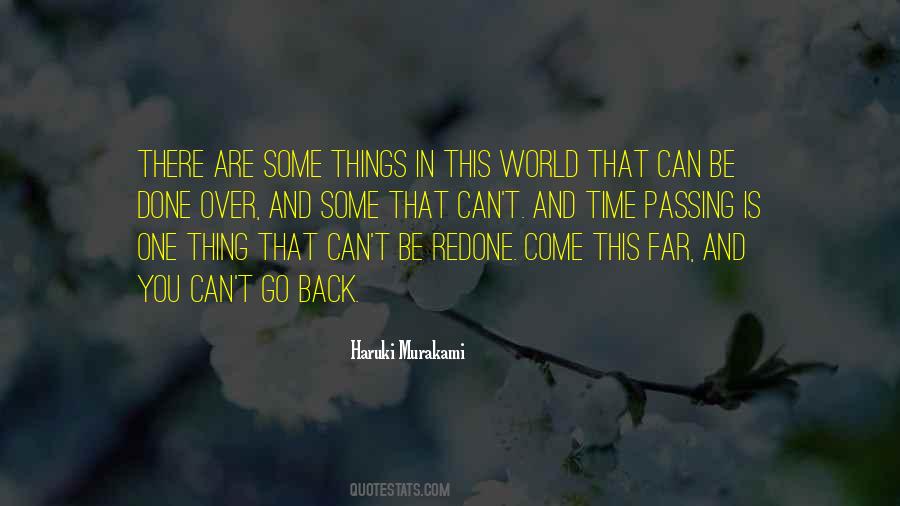

Setting goals gives you long-term vision and short-term motivation. Top-level athletes, successful businesspeople and achievers in all fields all set goals. You'll also quickly spot the distractions that can, so easily, lead you astray. By knowing precisely what you want to achieve, you know where you have to concentrate your efforts. The process of setting goals helps you choose where you want to go in life. Goal setting is a powerful process for thinking about your ideal future, and for motivating yourself to turn your vision of this future into reality. Then plan the steps you must take to realize your goal, and cross off each one as you work through them. Set SMART (specific, measureable, attainable, relevant and time-bound) goals that motivate you and write them down to make them feel tangible. You can contact the children's continence charity ERIC for information on potty training.ĮRIC has a freephone helpline on 08 (Monday to Thursday, 10am to 2pm) or you can ask for a call back or email.First consider what you want to achieve, and then commit to it. They may refer you to a clinic for expert help. Talk to your health visitor or GP to get some guidance. They need to know that you're on their side and you're going to help them solve the problem. My child's about to start school and still isn't dryīy this age, your child is likely to be just as upset by wetting themselves as you are. Stay positive and give your child gentle reminders about using the potty regularly.

Your child will almost certainly be upset about wetting themselves and won't be doing it on purpose. The best thing you can do is be understanding and sympathetic. A change of routine or another disruption, such as moving house or a new baby arriving, can often have an effect. Ask your GP for more advice.Īlternatively, there may be an emotional reason. If your child has been dry for a while, either at night, during the day or both, and starts wetting themselves again, it may mean they have a bladder infection, constipation, or type 1 diabetes. My child was dry for a while, but they have started wetting themselves again If your child starts to worry about making a mess, the problem could get worse. Explain that you want them to use the potty next time. My child uses the potty sometimes, but has accidents other timesĪccidents will happen for a while, so when your child does use the potty or manages to stay dry, even if it's just for a short time, tell them how pleased you are.Įven though accidents can be very frustrating, try not to show your child how you're feeling. If you do stop, leave it for a few weeks before you start again. Talk to other parents about how they coped.ĭon't confuse your child by stopping and starting potty training too often. Whatever you decide, don't let it get you or your child down, and don't put pressure on them. You could go back to nappies for a while and try again in a few weeks, or you can keep leaving the nappies off, but be prepared to change and wash clothes a lot.

Praise your child when they manage to sit on the potty, whether or not they pee or poo each time. There's no need to keep your child on the potty for more than a couple of minutes. You could keep certain books or toys in the bathroom especially for potty times. Making potty training interesting for your child will encourage them to sit still on the potty. A reward chart with stickers may help your child stay motivated.

Leave the potty training for a month or so, then try again, slowly and calmly. If they start to see potty training as a battle with you, it'll be much harder. Remind yourself that sooner or later, your child will want to be dry for their own sake. They'll have helped lots of parents see their children through potty training, and can give you tips to make things easier for you and your child. Talk to your health visitor about any worries or questions. Either way, it's common to have questions and face setbacks as your child learns this new skill. Some children take to using a potty quickly, others take more time.


 0 kommentar(er)
0 kommentar(er)
